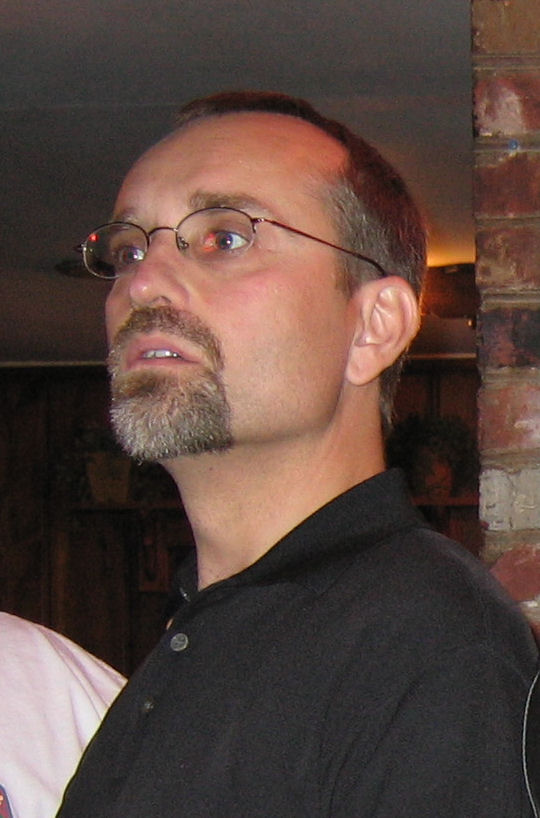 We turned the lights out Saturday at 8pm for Earth Hour. I made certain to turn off the computer and printer at the wall, disconnect the router, turn off the microwave clock, and unplug the wireless network receiver and television set. I turned down the heat.
We turned the lights out Saturday at 8pm for Earth Hour. I made certain to turn off the computer and printer at the wall, disconnect the router, turn off the microwave clock, and unplug the wireless network receiver and television set. I turned down the heat.I probably missed a few. The exercise made me realize how many appliances are actually on at any one time.
Of course Earth Hour was a symbolic act, but symbols can hold potency in and of themselves.
... human activities, in energy terms, right now are essentially a 12.8 trillion watt light bulb. Our energy thirst will probably be 30 trillion watts, or 30 terrawatts, by 2050 with the human population heading toward 9 billion.Daniel G. Nocera, a chemist and professor of energy at the Massachusetts Institute of Technology, addressing the Aspen Environmental Forum last week.If that energy is supplied with coal and oil, an overheated planet is almost assured.
One hypothetical (and impossible) menu for getting those 18 additional terawatts without emissions from coal and oil:
- Cut down every plant on Earth and make it into a fuel. You get 7 terawatts, but you need 30. And you don’t eat.
- Build nuclear plants. Around 8 terawatts could be gotten from nuclear power if you built a new billion-watt plant every 1.6 days until 2050.
- Take all the wind energy available close to Earth’s surface and you get 2 terawatts.- You get 1 more terawatt if you dam every other river on the planet and reach 30.
He described what he said was an achievable energy future — if the world engages seriously in pursuing scientific, technological and policy advances that are needed to make sunlight into usable energy cheaply.
“If you take sunlight plus water, that equals oil plus coal plus methane.”
“With the right investments in science and the right policy you’ll have a house with shingles generating your electricity during the day when the sun’s out,” he said. “You’ll take the extra electricity and, if battery technology works, you’ll put it in batteries. Or you’ll put it in chemical fuels like I want to do." <...>
... the sun bathes the planet in 800 terawatts of energy continually. We only need 18 of those terawatts. But the current level of investment in pursuing that energy isn’t even close to sufficient.







 Flickr/Cizauskas
Flickr/Cizauskas Facebook/Thomas Cizauskas
Facebook/Thomas Cizauskas Linkedin/ThomasCizauskas
Linkedin/ThomasCizauskas Twitter/Cizauskas
Twitter/Cizauskas YouTube/TCizauskas
YouTube/TCizauskas Last.fm/Cizauskas
Last.fm/Cizauskas Del.icio.us/Cizauskas
Del.icio.us/Cizauskas Technorati/Cizauskas
Technorati/Cizauskas